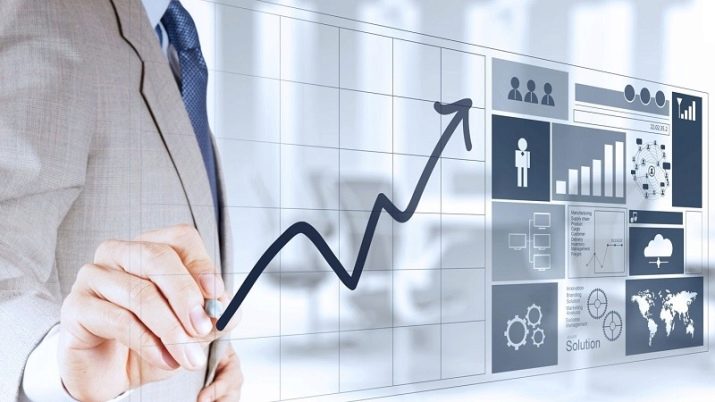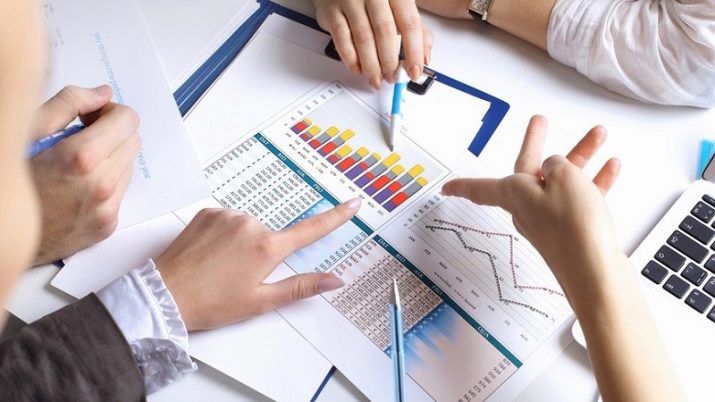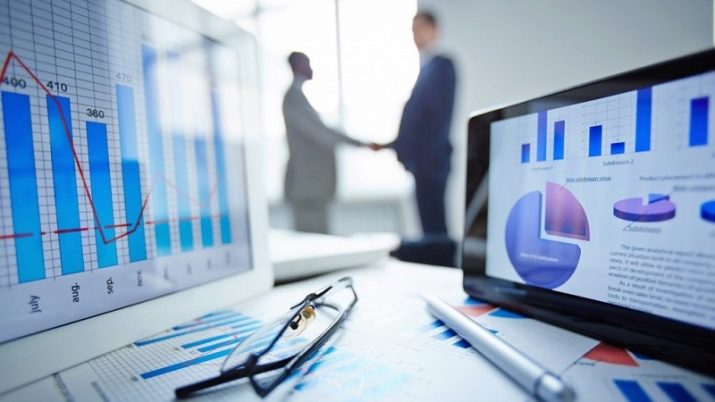Who is an economist-analyst and what does he do?

Economist-analyst Is a professional in the financial and economic sphere, engaged in the collection of economic and statistical data and their subsequent analysis. The analyst's field of activity involves the use of scientific and economic methods, their interpretation and further formation of recommendations for the development of the enterprise. In addition, specialists in this profession deal with pricing issues, predict the movement and state of the market environment, determine the parameters of competitiveness, and assess the execution of budgets.
Peculiarities
The analyst specialization implies a wider range of competencies than that of an ordinary economist. The specificity of this profession implies information management in the economic sphere, the use of mathematical forecasting methods... Such skills make it possible to systematically and correctly solve problems of optimizing business processes.
An economist-analyst must have an analytical mindset, systemic thinking, the ability to formulate problems, solve them using available analysis tools, bring decisions to the management, providing maximum information about possible solutions.
An important aspect of the work of such a specialist is confident knowledge of office (computer) programs designed to systematize and process data from financial and economic processes.

Job responsibilities
In the course of performing his duties, an economist-analyst conducts research on various data and provides the management of his enterprise with conclusions on solving the set goals.Analytical work is carried out by a specialist within the framework of his job description, which is approved by the organization where he works. Such an instruction contains a listing of the employee's duties and powers. The standard duties of an economist-analyst are as follows:
- preparation of projects and plans of the enterprise under the contracts concluded;
- implementation of work on economic and financial planning;
- analysis of market needs, the use of reserves and formed budgets to achieve maximum efficiency;
- formation of economic standards;
- conducting a comprehensive analysis of the use of capital investments, increasing labor productivity and profitability, reducing losses and increasing profits;
- formation of reports for management and third-party recipients by line of business;
- informing the management about the presence of deficiencies and providing proposals for their elimination.

Knowledge and skills
One of the basic skills of an economist-analyst is the ability to interpret the collected data using scientific and financial methods, to conduct systemic research. A good specialist who has received a modern education will be proficient in the methods of analysis in various fields of activity:
- finance;
- banking sector;
- exchange trade;
- risk management.
Specialists in this profession have high-tech practical knowledge, which provide them with the opportunity to promote ideas of optimization, profitability, forecasting the development of the organization. The analyst's duty is to provide measures to increase the profitability of entrepreneurial projects. It should be borne in mind that such work requires certain personal qualities - attentiveness and high responsibility.

Education
Training of specialists in the field of financial analysts is designed to convey to them the greatest possible store of knowledge in the field of business and finance. The core subjects for economists are mathematics, computer science, Russian, banking, audit and accounting, and the basics of programming. It is possible to obtain a master's or bachelor's degree in financial analytics in higher educational institutions with a specialization in Economics.
To build a successful career it is important for an economist-analyst to develop supra-professional skills, the so-called soft skills. Modern training programs allow you to practice such tasks. To build a successful career, it is important for a specialist to develop attentiveness to details, good memory, reaction speed, focus on tasks, stress resistance, and communication skills. During his studies, in addition to studying basic subjects, the future economist learns to work with big data arrays, works out the principles of monitoring sectors of the economy.
It is important to learn the skills of negotiation, since it is important not only to analyze the information, but also to correctly and optimally convey it to the management and investors.
Where to work?
Economist-analyst can work in scientific and financial institutions, commercial and state enterprises, banking structures, in the stock market... Basically, specialists are involved in large organizations with financial departments. The analyst's field of activity is any financial institution and company where it is required to assess the production situation and issue a development forecast, taking into account market trends.




